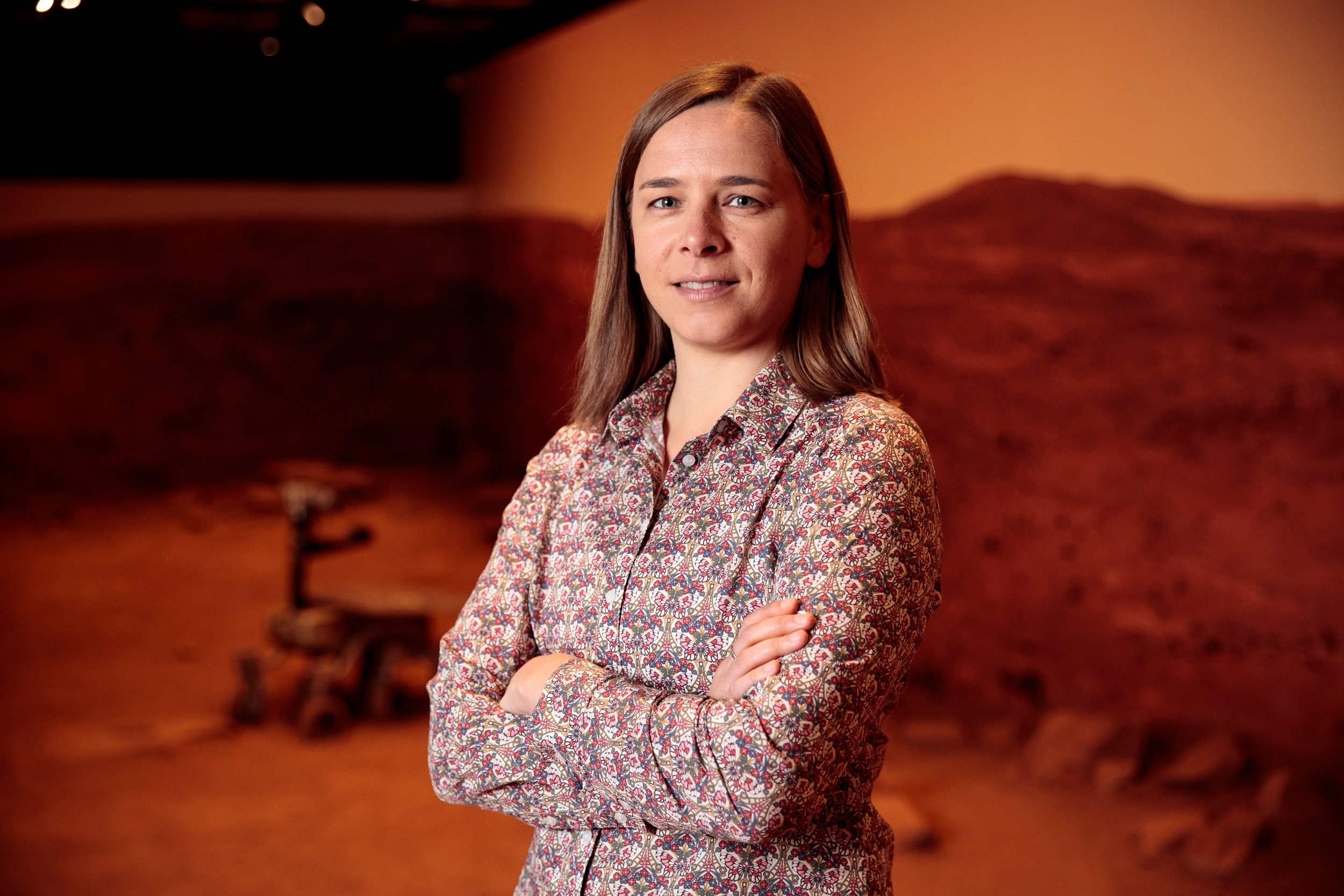“Leading with an evidence-based approach to inform best practice is an effective way of shifting the dial when it comes to gender equity in STEM.”

Analysis of Awarded Australian Grants by Gender
This research examines trends in twenty years of awarded research grants in Australia by the Australian Research Council (ARC) and the National Health and Medical Research Council (NHMRC) according to awardee gender and other factors including career seniority and field of research.
Anonymised Review Study
We are leading a national trial across Australia to study the effects of anonymising grant applications for in-demand scientific equipment such as telescopes, the Australian synchrotron, and supercomputers. We are working with four Australian research organisations: CSIRO (Commonwealth Scientific and Industrial Research Organisation), ANSTO (Australian Nuclear Science and Technology Organisation), NCI (National Computational Infrastructure) and AAL (Astronomy Australia Limited) to assess whether anonymised peer-review impacts application outcomes.
Best Practice for Diversity, Equity and Inclusion in STEM Workplaces
This project aims to identify effective, evidence-based initiatives for supporting diversity, equity, and inclusion in STEM workplaces. We employed a range of research methodologies to form recommendations for governments and organisations in their ongoing efforts to support equity and inclusion in the workforce.
Latest News
Keep up with latest news from Australia's Women in STEM Ambassador.
What works to improve equity in STEM
We have developed tools to guide evaluation efforts across STEM equity initiatives in Australia.